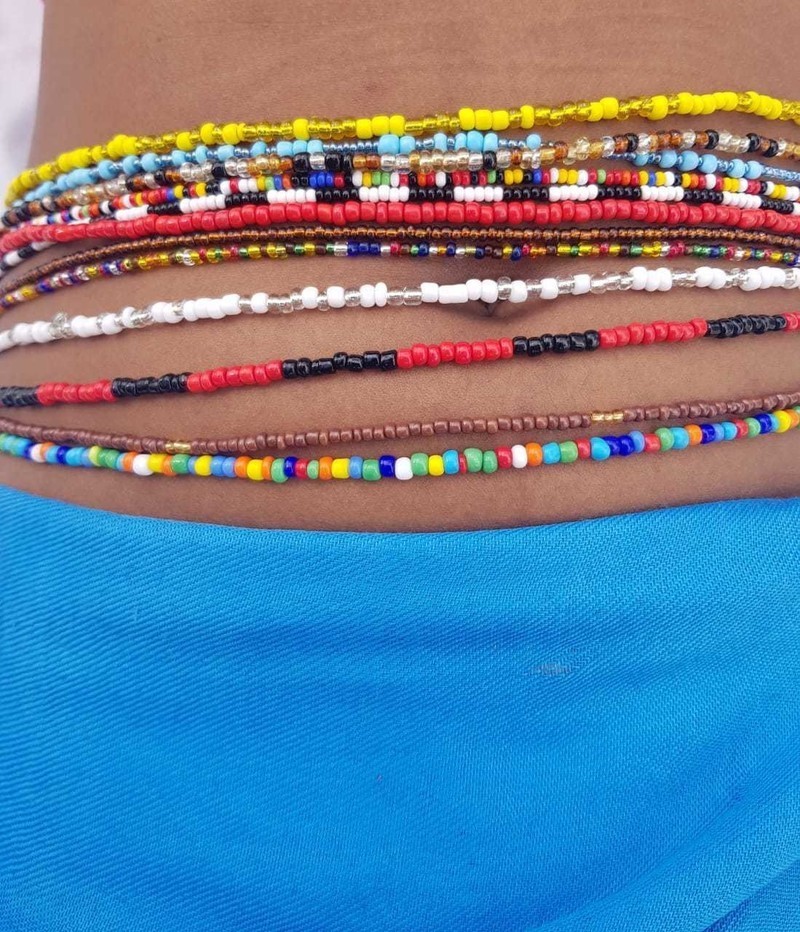
What is the significant of feather on a red cap in Igbo cultural society?
First, this is not ordinary feather but that of an eagle (Ugo)
Ugo is the chief of birds. The Igbo see ugo (eagle) as a unique creature, highly symbolical. Many names stems from it.
Ugochi
Ugomma
First, this is not ordinary feather but that of an eagle (Ugo)
Ugo is the chief of birds. The Igbo see ugo (eagle) as a unique creature, highly symbolical. Many names stems from it.
Ugochi
Ugomma

Ugo is priceless and beautiful bird. It is not something you see more often. Hence the Igbo adage:
"Onye hụrụ ugo ṅụrịa maka na a dịghị ahụ ugo kwa daa" (he who sees eagle should rejoice because it's not seen always)
Another adage:
"Anya hụrụ ugo jaara ugo"
"Onye hụrụ ugo ṅụrịa maka na a dịghị ahụ ugo kwa daa" (he who sees eagle should rejoice because it's not seen always)
Another adage:
"Anya hụrụ ugo jaara ugo"
(Eyes that see eagle should praise it)
Have you heard this expression:
"Ugo chi nyere m"
The shortening form is Ugochi which is now Igbo name most people bear. It's a significant name. I will explain.
What about?
"Ugo Chukwu tubere m"
Now Ugochukwu as a shortened name.
Have you heard this expression:
"Ugo chi nyere m"
The shortening form is Ugochi which is now Igbo name most people bear. It's a significant name. I will explain.
What about?
"Ugo Chukwu tubere m"
Now Ugochukwu as a shortened name.
Ugo means a treasure. Dignity. Priceless. Respect.
Ugochinyere m= the treasure my chi gave me.
Ugochukwutubere m= the treasure my chi fixed on me.
Ugomma= beautiful treasure.
The English rendition isn't absolute cos the Igbo worldview cannot be express using English prism.
Ugochinyere m= the treasure my chi gave me.
Ugochukwutubere m= the treasure my chi fixed on me.
Ugomma= beautiful treasure.
The English rendition isn't absolute cos the Igbo worldview cannot be express using English prism.
Have you heard the expression:
"Turu ugo"
When something good happens to you, people wish you "turu ugo".
The English equivalent is congratulations. Success.
When you are successful about something, the Igbo will tell you turu ugo.
How do you turu ugo?
In the olden days,
"Turu ugo"
When something good happens to you, people wish you "turu ugo".
The English equivalent is congratulations. Success.
When you are successful about something, the Igbo will tell you turu ugo.
How do you turu ugo?
In the olden days,
when a man becomes successful or achieved something, he put a feather of ugo on his hair or cap, everyone sees him and scream:
"Turu ugo!"
He has done well.
Those with dignity, self worth or regarded as straightforward people without blemish put feathers on their hats.
"Turu ugo!"
He has done well.
Those with dignity, self worth or regarded as straightforward people without blemish put feathers on their hats.
You don't use it as just fashion. Fixing feather on the cap doesn't mean fashion. It shows a lot— one is highly respected, has dignity, successful in a good way; not ewu na ọkụkọ wearing it.
Only feather of eagle is used cos eagle isn't just a bird in Igbo worldview.
Only feather of eagle is used cos eagle isn't just a bird in Igbo worldview.
Before one is inducted into the Nze na Ọzọ title, one must be a fullfilled man without blames. Abụba ugo (eagle feather is attached to his cap)
The same thing goes with other titles in different parts of Igbo land.
Unfortunately, things have fallen apart, everyone paused.
The same thing goes with other titles in different parts of Igbo land.
Unfortunately, things have fallen apart, everyone paused.
• • •
Missing some Tweet in this thread? You can try to
force a refresh









